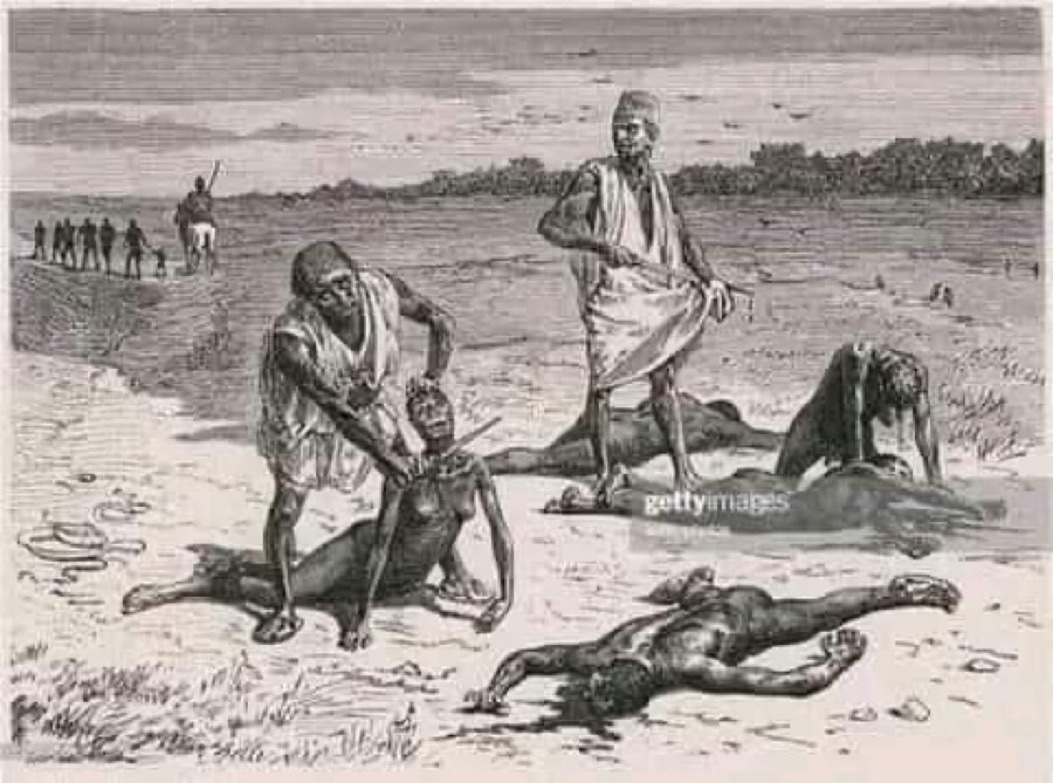The tale of Kurunmi evokes profound emotions from those who sympathize with a man unwaveringly committed to upholding tradition. In a bygone era of Yoruba history, a harrowing custom dictated the demise of the heir to the throne upon the king’s passing. This practice emerged from the unsettling revelation that many princes resorted to patricide to secure their ascent to the throne.
Alaafin Atiba, the paramount ruler of the Oyo empire, appointed Kurunmi, the son of Esiele, as the Aare-ona-Kakanfo, the supreme commander of Yoruba warriors. Adhering to tradition, Kurunmi was stationed in Ijaiye to wield his authority separately from the king. However, the dynamics shifted when Alaafin Atiba sought to alter the age-old tradition.
Summoning neighboring kings and lords, including Timi of Ede and Balogun Ibikunle of Ibadan, Atiba proposed a change. Holding the sword of Ogun and the bolt of Sango, he implored them to swear allegiance to his son Aremo Adelu as the future king. Kurunmi vehemently opposed, citing the traditional sequence that dictated Adelu’s fate upon Atiba’s demise.
Despite attempts to sway Kurunmi, he adamantly walked away in anger, returning to Ijaiye. The news of this dissent reached Ibadan, where Balogun Ibikunle suggested war against Kurunmi. This proposal stemmed from a personal vendetta, as Kurunmi had previously captured and humiliated Ogunmola.

Efforts to convince Kurunmi failed, and Alaafin Atiba sent emissaries bearing symbolic calabashes—one representing peace, the other war. Opting for war, Kurunmi prepared for the impending conflict, defying warnings from the oracle.
In a strategic move, Ibadan sought the assistance of the Ęgba people, renowned for their potent charms. The charm called Eedi, designed to make individuals ignore warnings, was placed along the River Ose to entice Ijaiye warriors.
As the war unfolded, Ijaiye initially triumphed, but the Eedi’s influence led Kurunmi’s warriors to cross the River Ose prematurely. Their charms failed, resulting in devastating losses, including all of Kurunmi’s five sons. Taunting messages from Ogunmola added insult to injury.
Devastated and contemplating suicide, Kurunmi clung to his conviction that tradition should not yield to corruption. In the end, he chose to end his own life with poison, requesting to be thrown into the River Ose to deny Ogunmola the satisfaction of displaying his severed head in shame.

